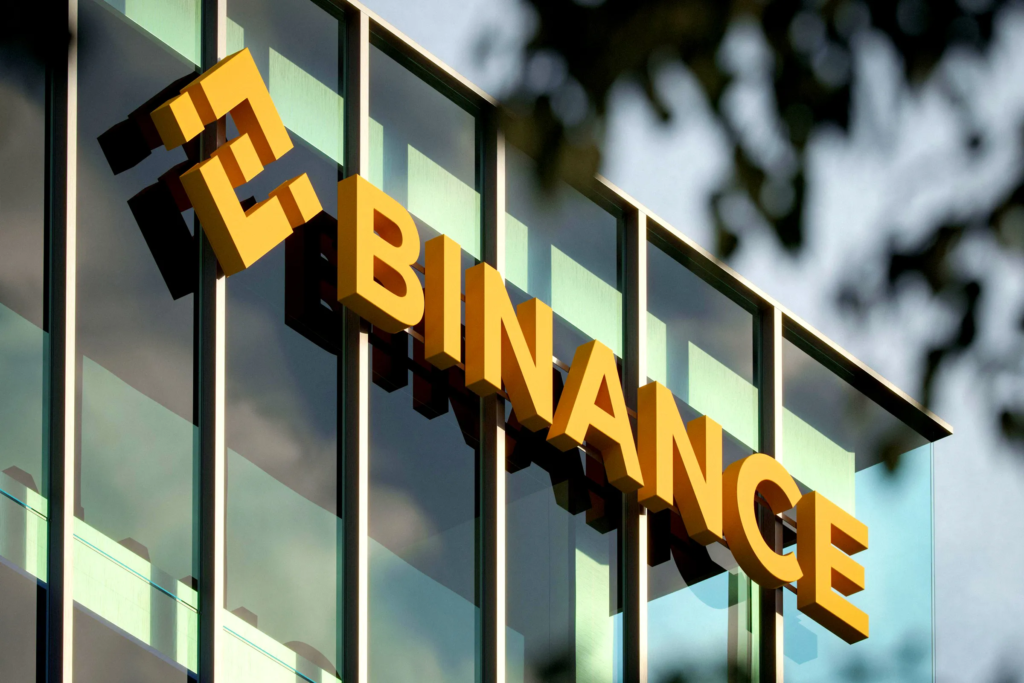In a significant development, Binance and Kucoin, the world’s leading crypto exchanges, have successfully registered as Virtual Asset Service Providers (VASPs) with India’s Financial Intelligence Unit (FIU), paving the way for their return to the Indian market.
Previously, both crypto exchanges faced operational restrictions in India due to non-adherence to local regulations. Now, having registered with the FIU, Binance is set to recommence its operations, contingent on the payment of an as-yet-undetermined penalty for past regulatory breaches.
In a parallel development, Kucoin has also secured registration with the FIU and has restarted its operations after settling a fine of ₹35.5 lakh for previous regulatory non-compliances. This marks a historic moment as it is the first instance of offshore crypto entities receiving approval from India’s anti-money laundering authority.
The registration of these exchanges with the FIU ensures complete transparency of transactions, and the process of submitting Suspicious Transaction Reports (STRs) is expected to commence shortly. This development is anticipated to enhance the credibility of the crypto ecosystem in India.
The FIU’s endorsement of the registration applications from Binance and Kucoin signifies a major stride towards the legitimization of crypto exchanges in India. It reflects a change in the Indian government’s approach to cryptocurrency, potentially opening doors for more offshore exchanges to operate in the country.
This progress is part of the Indian government’s initiative to regulate the rapidly growing cryptocurrency market. The FIU’s registration process, which necessitates a principal compliance officer to register with the FIU, thereby offering the agency complete transaction visibility, is a key component of this regulatory framework.
In conclusion, the successful registration of Binance and Kucoin with the FIU represents a significant landmark in the evolution of India’s cryptocurrency market. It not only legitimizes the operations of these crypto exchanges but also indicates a more receptive and regulatory stance towards cryptocurrencies in the country.

